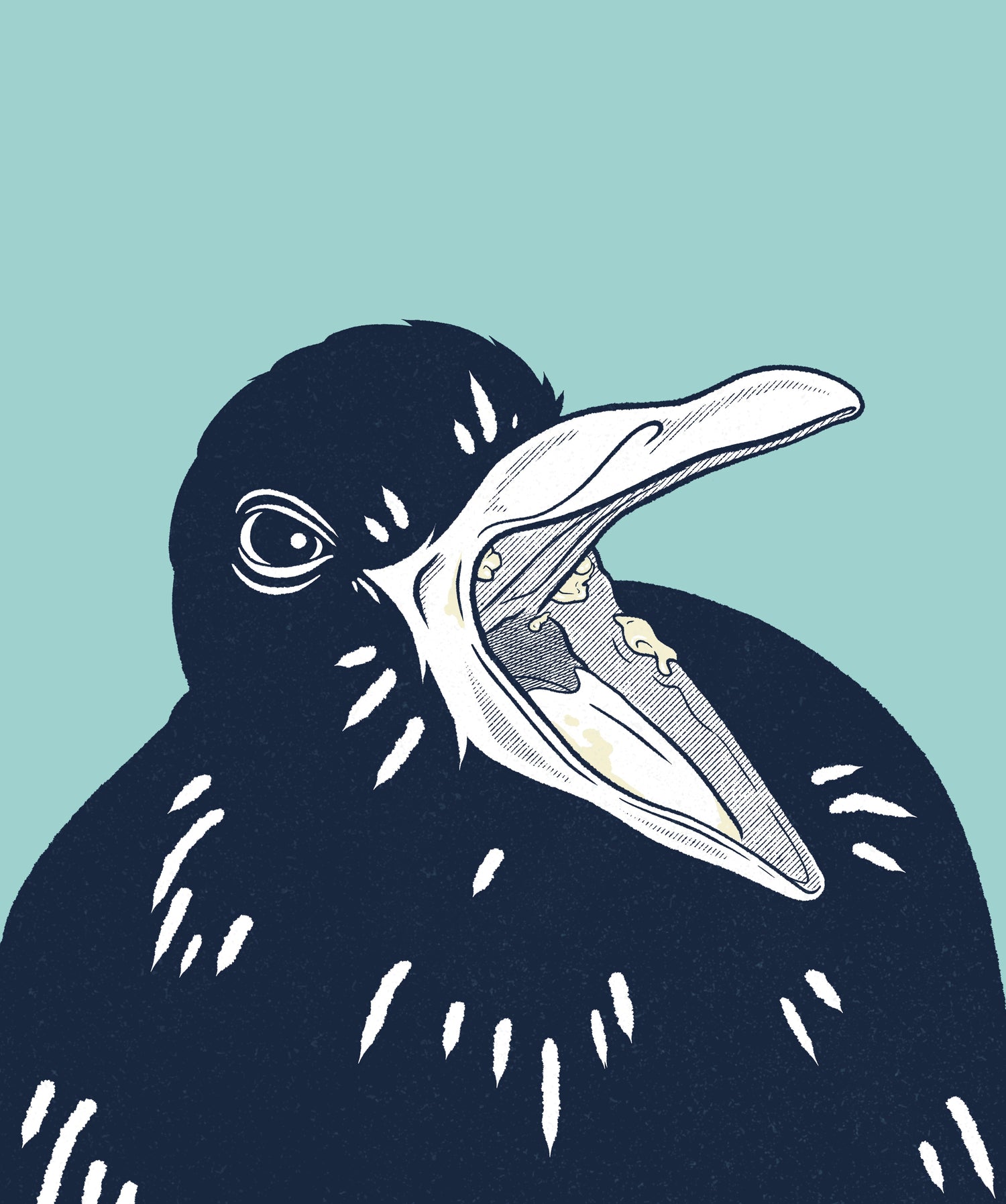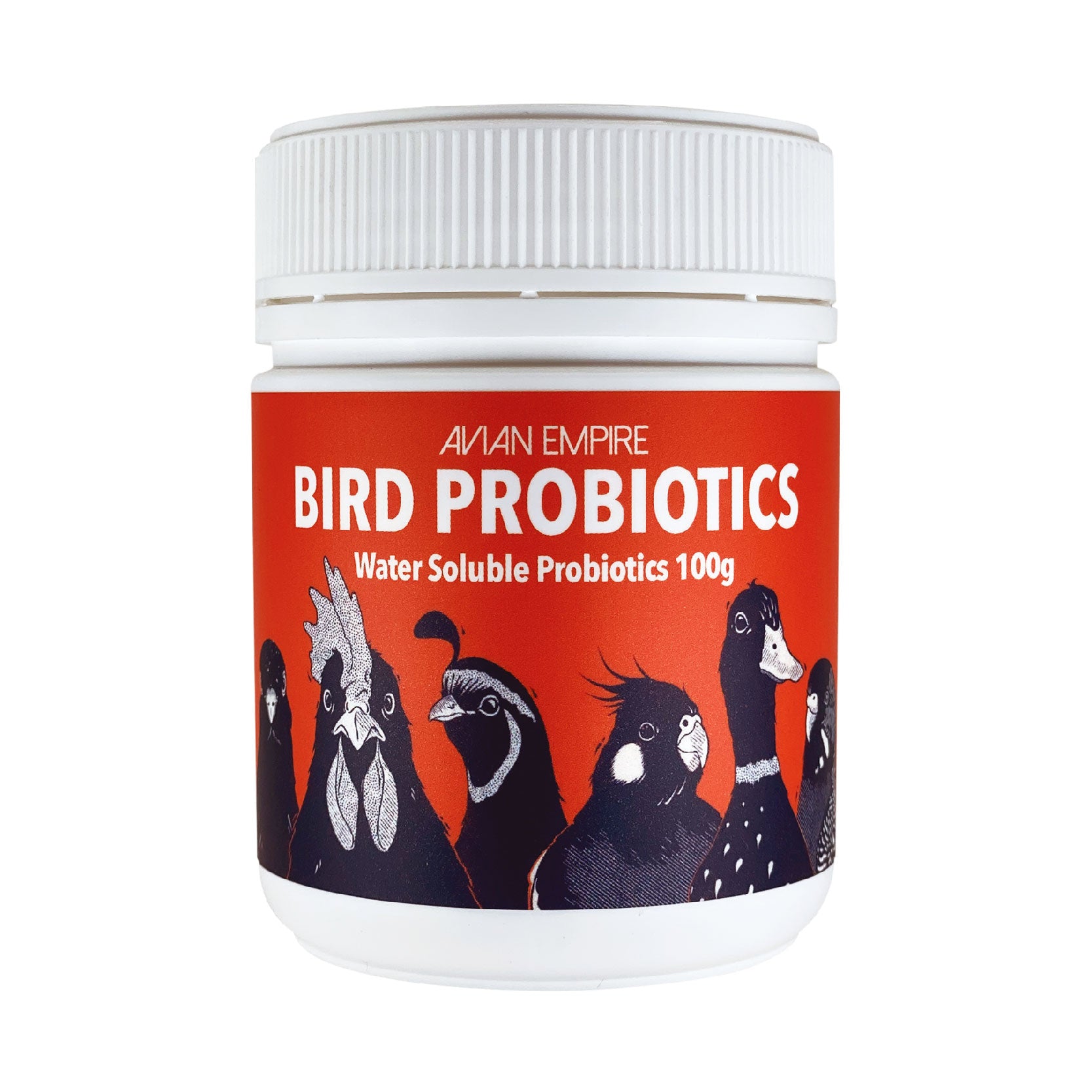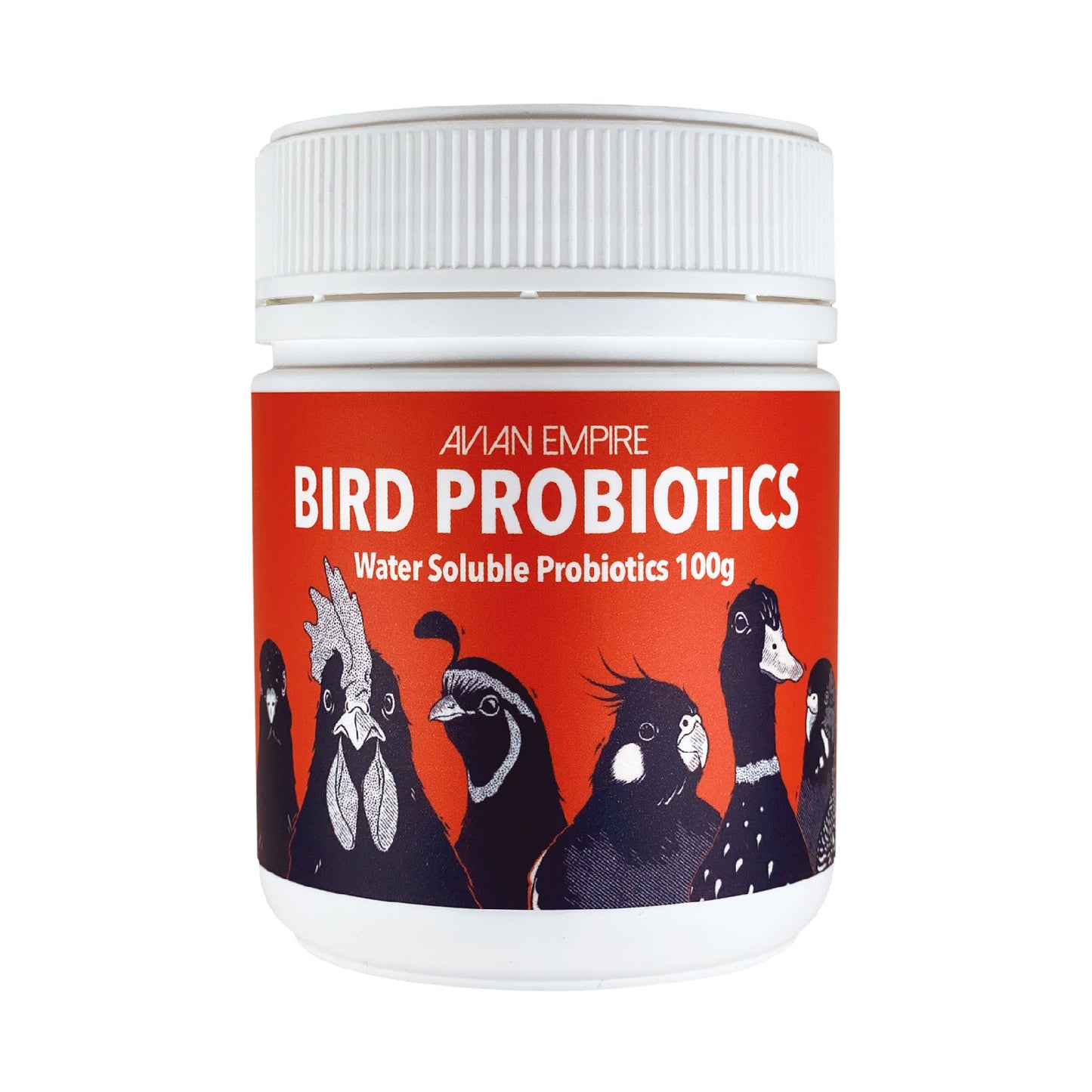

Canker (Trichomoniasis)
Canker, also known as trichomoniasis, is a common protozoal disease in pigeons caused by Trichomonas gallinae. The parasite is widely carried by pigeons and doves, with many birds acting as asymptomatic carriers. It primarily affects the mouth, throat, crop, and digestive tract, leading to the formation of cheesy yellow plaques and ulcers in the mouth and throat.
Early Clinical Signs of Canker
-
Yellowish plaques or cheesy lesions in the mouth, throat, or crop
-
Difficulty swallowing or regurgitation
-
Excessive salivation (wet beak or drooling)
-
Crop stasis (slow crop emptying)
-
Increased thirst
-
Slight weight loss
-
Mild lethargy
-
Slight reduction in appetite
Severe Clinical Signs of Canker
-
Swollen or inflamed throat
-
Weakness, rapid weight loss, or emaciation
-
Death in extreme cases, especially in young birds
-
Labored breathing or gurgling sounds (if lesions obstruct the airway)
Transmission
-

Canker is caused by the protozoan Trichomonas gallinae and spreads primarily through direct and indirect contact.
1. Parent to Squab (Feeding Transmission)
- The most common way canker spreads is through crop milk when infected parents feed their young.
- This makes young pigeons highly susceptible.
2. Contaminated Drinking Water
- Trichomonas cannot survive long outside the host but can live in water for several hours.
- Birds drinking from contaminated water sources can easily become infected.
3. Regurgitated Food
- Pigeons that feed each other (billing or courtship feeding) can pass the parasite.
- Sick birds may regurgitate, spreading the infection through shared food sources.
4. Direct Contact
- Close contact between birds (especially in crowded lofts) increases the risk.
- Mating pairs can transmit it through saliva.
5. Contaminated Surfaces & Equipment
- Shared waterers, feeders, and even bathing areas can harbor the parasite for a short time.
- Poor loft hygiene increases the risk of indirect transmission.
6. Prey-to-Predator Transmission
- Birds of prey, like hawks and falcons, can contract trichomoniasis by eating infected pigeons.
Diagnosis
-

1. Clinical Signs (Initial Assessment)
Symptoms vary depending on the affected area:
Oral & Throat Form (Most Common)
- Yellowish-white plaques or cheesy growths in the mouth, throat, or crop
- Difficulty swallowing or breathing
- Excessive mucus or drooling
- Weight loss and reluctance to eat
Internal Form (Liver and Other Organs)
- General weakness, fluffed-up appearance
- Greenish, watery droppings
- Sudden death in severe cases
Navel Form (Nestlings)
- Swollen abdomen
- Poor growth and high mortality in young pigeons
2. Direct Diagnosis Methods
A definitive diagnosis requires detection of the parasite under a microscope.
Crop Swab or Oral Mucus Sample
- Collect a sample from the throat, mouth, or crop using a sterile swab.
Crop Lavage (Rinse Method) for Deeper Infections
- Use a small syringe to flush the crop with saline and collect the fluid.
- Examine under a microscope for Trichomonas presence.
3. Additional Diagnostic Tests
If microscopy is inconclusive, the following tests may be used:
- Culture Test: Some laboratories use specialized media to grow Trichomonas for confirmation.
- PCR Testing: Detects Trichomonas gallinae DNA and is useful for detecting subclinical infections.
4. Differential Diagnoses (Rule Out Other Conditions)
Canker can be mistaken for:
- Vitamin A Deficiency – Causes plaques in the mouth but without Trichomonas presence.
- Candida (Thrush) – White coating in the mouth but no cheesy plaques.
- Poxvirus – Causes lesions around the beak but not inside the crop.
- Capillaria (Crop Worms) – Leads to similar weight loss and digestive issues.
Treatment
-
1. Antiprotozoal Medications
The primary treatment involves antiprotozoal drugs, which kill or inhibit Trichomonas gallinae:
- Metronidazole (Flagyl) – 50 mg/kg orally once daily for 5-7 days
- Carnidazole (Spartrix) – 10 mg per pigeon, single-dose tablet (often used by racing pigeon keepers)
- Ronidazole (Ridzol, Ronivet) – 10 mg/kg orally for 7 days (often added to drinking water)
- Dimetridazole – No longer commonly used due to potential toxicity but was historically used in water medication.
-
2. Supportive Care
- Hydration – If the bird is weak, provide oral electrolytes or subcutaneous fluids.
- Soft, easily digestible food – Hand-feeding may be necessary if the bird struggles to eat.
- Crop flushing – In severe cases where plaques obstruct the crop or throat, flushing with a saline solution may help remove debris.
- Probiotics – To restore gut health after antibiotic treatment.
-
3. Wound Management (If Necessary)
If lesions in the mouth cause secondary infections, you may need antiseptics like diluted chlorhexidine to clean the area.
-
4. Natural & Alternative Treatments
Several natural compounds have demonstrated antiprotozoal activity against Trichomonas gallinae and can be used alongside conventional treatments.
- Carvacrol & Oregano Oil – Shown to be nearly as effective as metronidazole. Adding 1-2% oregano oil to drinking water disrupts protozoa and supports immune health.
- Curcumin (Turmeric) – Has antiprotozoal and anti-inflammatory properties. Adding 1-2% turmeric to feed may enhance recovery.
- Garlic (Allicin) – Garlic extract or oil in drinking water helps reduce parasite load.
- Apple Cider Vinegar (ACV) – Lowers gut pH and supports beneficial bacteria. Use 5-10 ml per liter of water.
- Berberine (Barberry & Goldenseal) – Inhibits parasite metabolism and is nearly as effective as metronidazole in some studies.
- Pomegranate Extract – Contains ellagitannins with antiprotozoal effects; can be added to feed or water.
- Probiotics – Beneficial bacteria (Lactobacillus spp.) help outcompete T. gallinae and restore gut health post-treatment.
Prevention
-
1. Hygiene & Loft Management
- Clean and disinfect drinking water containers daily.
- Use drinkers that minimize backflow of saliva.
- Regularly clean and disinfect perches, nest boxes, and feeding areas.
- Maintain proper ventilation to reduce humidity and parasite survival.
- Avoid overcrowding to minimize direct contact and stress.
2. Biosecurity Measures
- Quarantine new birds for at least two weeks before introducing them to the flock.
- Limit contact with wild birds to reduce exposure to T. gallinae.
- Ensure feeding areas are clean and free from contamination.
3. Dietary & Natural Supplements
Probiotics – Support gut health to help outcompete T. gallinae.
Apple Cider Vinegar (ACV) – Add 5-10 ml per liter of drinking water to lower pH and discourage protozoa.
Oregano Oil (Carvacrol) – Use 1-2% in drinking water for its natural antiprotozoal properties.

Avian Empire
BIRD PROBIOTICS - 100g
Share




